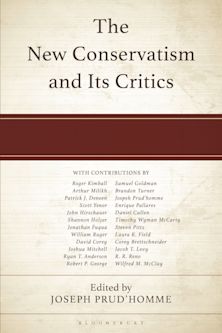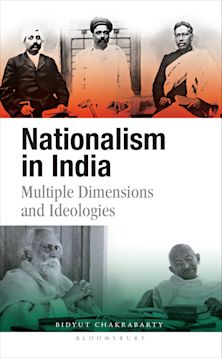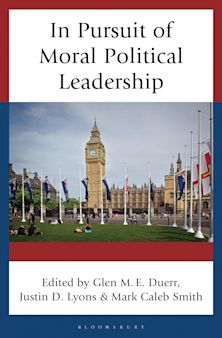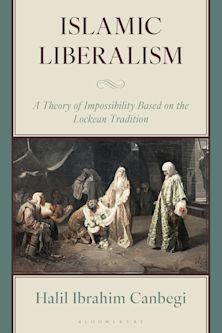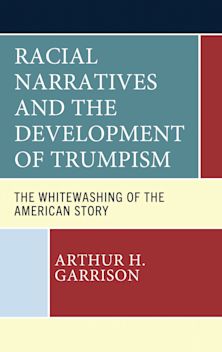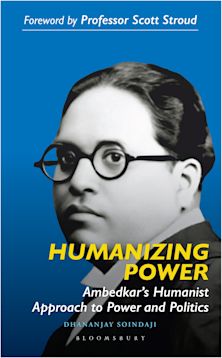Lithuania’s Quest for Self-Determination
Municipal Responses to National Emigration
Lithuania’s Quest for Self-Determination
Municipal Responses to National Emigration
Description
Self-determination in the European Union rests on the strength and skills of a country’s representatives to manage and leverage relationships with other nations, and for individuals it rests on the ability to use autonomy and freedom wisely. To flourish, an individual must consciously determine their own path. Similarly, we can say a country can flourish. Self-determinism for a country is conditioned on the forces that facilitate or hinder its ability to succeed as a society. The same forces that can help a nation to flourish might also accelerate the decision to emigrate among a nation’s people. This is the paradox, and it is the quest: national and individual self-determination, to allow choice for emigration but to have strength of culture, civics, and institutions to discourage it, or to encourage return migration for those who have left. In this book, we address this paradox and this quest using the case of Lithuania. More specifically, we examine how municipalities can and do respond to ongoing population shrinking due to emigration in Lithuania, the non-economic factors that facilitate decisions to emigrate, and the opportunities for local governments to shrink smartly or reverse shrinkage.
Table of Contents
Part I: Emigration: Causes, Consequences, and Municipal Responses
Chapter 1: Causes of Emigration—Cross-Disciplinary Perspectives
Chapter 2: Municipal Responses to Emigration—Dealing with Emigration
Part II. The Case of Lithuania—Historical Perspective
Chapter 3: History of Lithuania: Summary from Early Times to Today and Beyond
Chapter 4: Population Trends in Lithuania from a Historical Perspective
Part III: Contemporary Emigration Causes, Consequences, and Municipal Responses in Lithuania
Chapter 5: Profiles and Intentions of Lithuanians to Emigrate
Chapter 6: Emigration as a Civic Concern
Chapter 7: Emigration as a Loyalty Concern
Chapter 8: Municipal Responses to Emigration
Part IV: Final Reflections
Conclusion: Conclusion and Recommendations for Municipalities
Product details
| Published | Nov 13 2023 |
|---|---|
| Format | Ebook (PDF) |
| Edition | 1st |
| Extent | 1 |
| ISBN | 9798216285434 |
| Imprint | Lexington Books |
| Illustrations | 6 b/w photos; 28 tables |
| Series | Democratic Dilemmas and Policy Responsiveness |
| Publisher | Bloomsbury Publishing |
Reviews

ONLINE RESOURCES
Bloomsbury Collections
This book is available on Bloomsbury Collections where your library has access.











